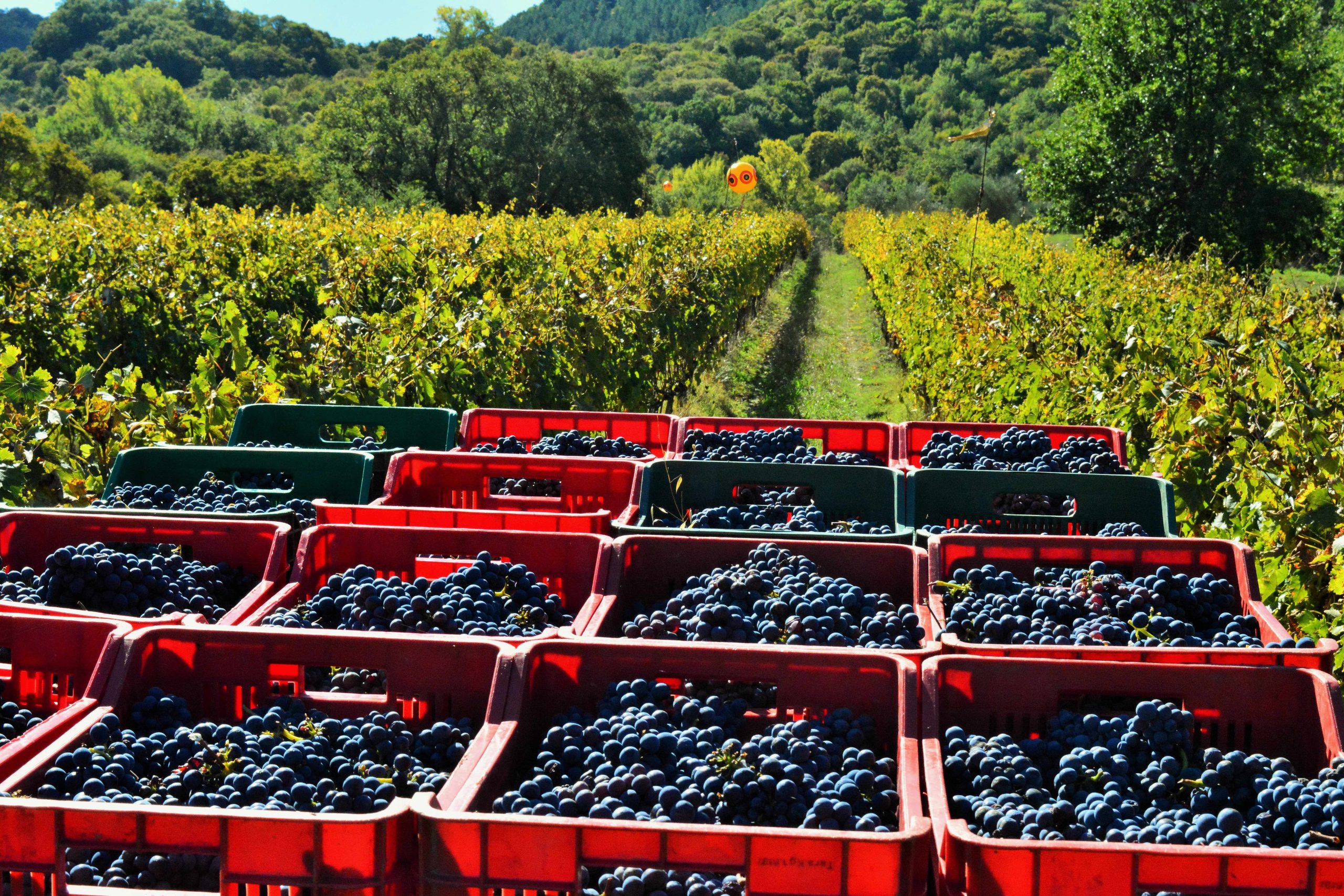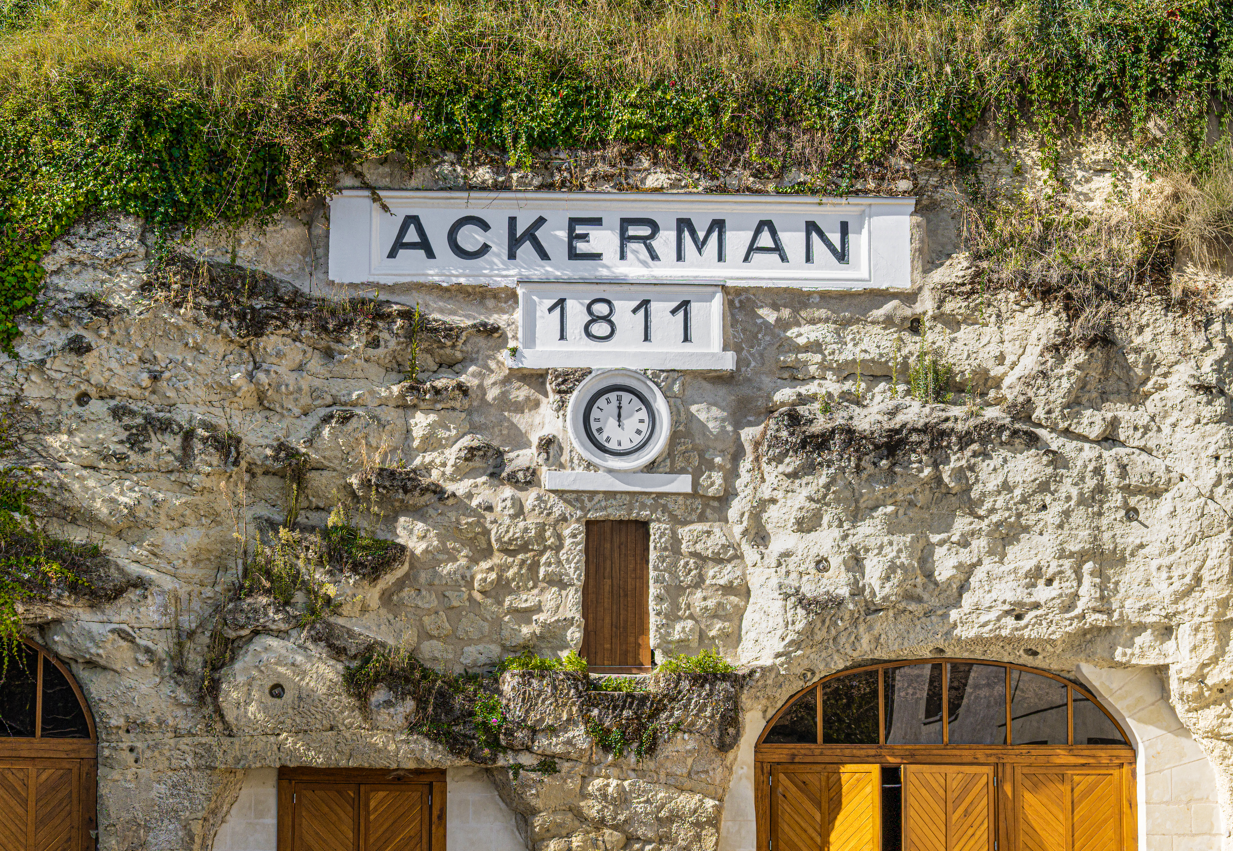Own-label gin can’t use provenance to boost sales
Own-label gins are beating some of the big brands in blind taste tests, according to a recent report in Which? Magazine. But what about looks?, asks Bernard Gormley, director at Nude Brand Creation.
What can supermarkets learn from the way craft and big brands package their products? If own-label gins taste better and they invest in making the product look more desirable, would they be able to sell more?
How can own label gin brands make their products more appealing?
The findings by Which? Magazine generated a lot of press coverage. A story in the Daily Mail for instance showed how own-brand gin from Morrisons, costing just more than £10, was voted the tastiest by a panel of experts, beating classic brands such as Gordon’s and Beefeater.
If it tastes so good, how could supermarkets capitalise on their top quality product and encourage more consumers to buy it?
From a packaging perspective, I believe own-label could do better. I’m not seeing anything own-able here.
The supermarkets should flag up the success in the Which? Magazine taste test on their bottles of award-winning gin. Simply by adding the ‘medals’ to the packaging will always prompt consumer interest.
They could also combat own label snobbery by downsizing own-label branding, like Morrisons which has used an ‘M’ as a device. This references the supermarket but is very subtle. Packaging in the sector also needs to be more distinctive.
Partner Content
Sales could be improved with better packaging and focusing on botanicals. The importance of ingredients and compelling botanical stories which offer something new and distinctive are key in the gin industry. For example, The Botanist uses 22 wild and locally foraged botanicals from its distillery’s home in Islay, Scotland. Is this a tack a premium own-label gin could take?
Own-label cannot use provenance to boost sales
Today’s discerning drinks consumers also want experiences enriched by stories, heritage and provenance which own-label will not be able to provide unless they set up their own distilleries.
Own-label gin is made for supermarkets by distilleries which will be unwilling to give them permission to use their heritage, stories or provenance and take away what makes them special. It will never be able to take the place of the big brands because it cannot talk about this craftsmanship which makes the brands so powerful.
Consumers have a lot of trust and respect for the major brands. Nonetheless competition from own-label and most particularly the smaller craft brands needs to be addressed by the big Gin distillers.
By rediscovering their history and focusing on their heritage and provenance, big brands can stay relevant in the face of this competition. For brands to continue to compete and grow, they need to demonstrate category leadership in terms of craftsmanship, ingredient innovation and original packaging, all things big brands have in buckets.
And recognising the changing consumer palette and desire to explore new flavours is something all brands need to master.




